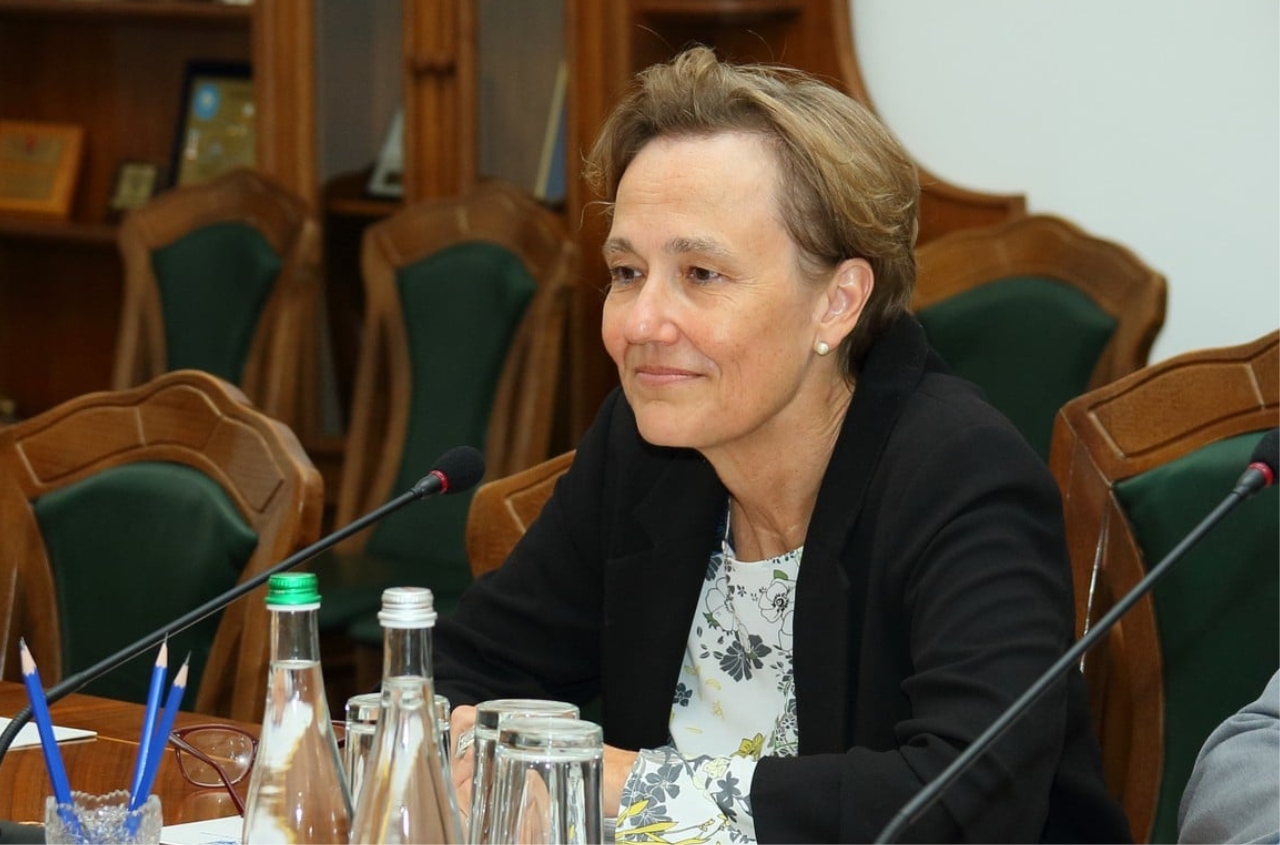During the annual Conference on Mine Action in Ukraine–2024 (UMAC-2024), partner countries announced additional commitments to support humanitarian demining totaling nearly $70 million. Luxembourg, the Netherlands, Norway, and Canada announced these additional funds. Since 2022, the total contribution from partners for humanitarian demining has reached $1.07 billion.
“We greatly appreciate the contributions our partners make to humanitarian demining in Ukraine. This is not just about equipment, tools, or money for project implementation — it translates into saved lives in Ukraine and the restoration of global food security. Thanks to this systemic support, we have already made significant progress in demining. A year ago, we met with partners at a demining forum in Zagreb, Croatia. At that time, we had 18 operators, about 3,000 sappers, and 32 demining machines. Today, 58 operators have been certified, the number of sappers has grown to over 4,000, and 98 demining machines are now operating in the fields,” said Ukraine’s First Deputy Prime Minister and Minister of Economy, Yuliya Svyrydenko.
Luxembourg allocated $13 million for humanitarian demining projects in Ukraine. These funds will support projects implemented by the UN Development Program ($10.8 million), the international organization HALO Trust ($1.08 million), and through the EU Civil Protection Mechanism ($1.08 million).
Norway announced additional funding for humanitarian demining in Ukraine. The country is allocating $20 million for 2025, increasing its total contribution to $70 million. Norway's focus in humanitarian demining is on funding operations in the field, supporting affected communities, and strengthening capabilities in mine action.
The Netherlands, which has already allocated over $40 million for humanitarian demining in Ukraine, announced an additional $10.8 million for projects in 2025.
Canada is providing $24.5 million for humanitarian demining needs in Ukraine. Its total contribution to the sector has exceeded $50 million.
The Latvian government allocated over €270,000 for humanitarian demining in Ukraine. This funding will go to the international organization HALO Trust, whose specialists are working on demining land in several regions of Ukraine affected by combat operations.
Switzerland, this year’s host of UMAC-2024, announced plans to transfer three GCS-200 heavy demining machines to Ukraine's State Emergency Service. The symbolic handover of the first machine occurred during the conference. Switzerland also decided to allocate 30 million Swiss francs for one of the projects of the Swiss Foundation for Mine Action (FSD), which operates in Ukraine. This funding is part of the previously announced aid package of 100 million Swiss francs.
The governments of Switzerland and the United Kingdom are ready to allocate funds for a pilot project prioritizing humanitarian demining. The system, built on the platform of the technology giant Palantir, will allow identifying priority areas for demining based on a large dataset. The pilot project in the Kharkiv region will last three months.
The United States, which announced $102 million in aid for humanitarian demining in September, launched an initiative during the conference aimed at increasing the capacity of private humanitarian demining operators. They plan to assess the needs of Ukrainian operators and enhance their understanding of how international donor organizations operate. This will allow operators to attract international support in the future. The first step in this direction may involve strengthening cooperation between Ukrainian and international operators.
A final document committing support for humanitarian demining in Ukraine was signed by 42 countries. One of its key points emphasizes that mine action must remain on the international agenda, and signatories should strive to minimize the impact of mines and remnants of war on people's lives, particularly through demining territories and developing innovative technologies.





















